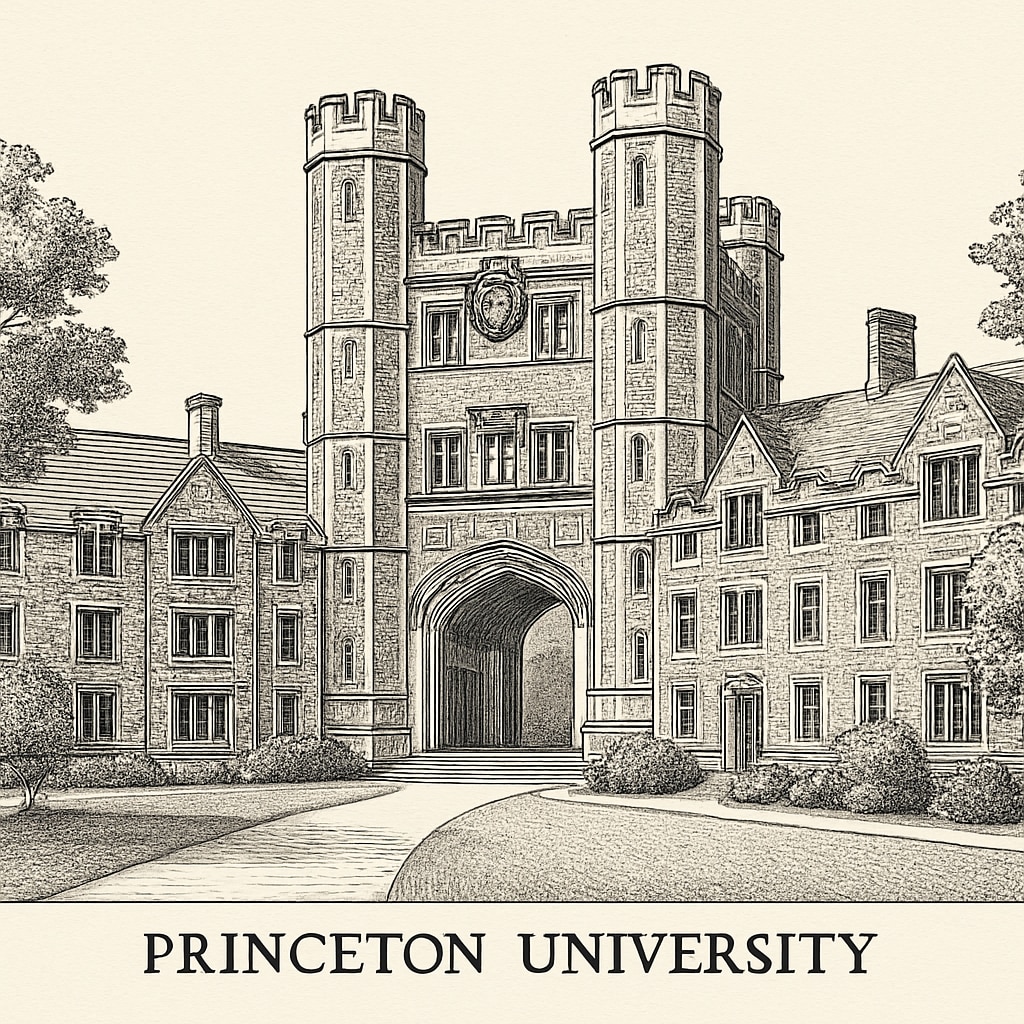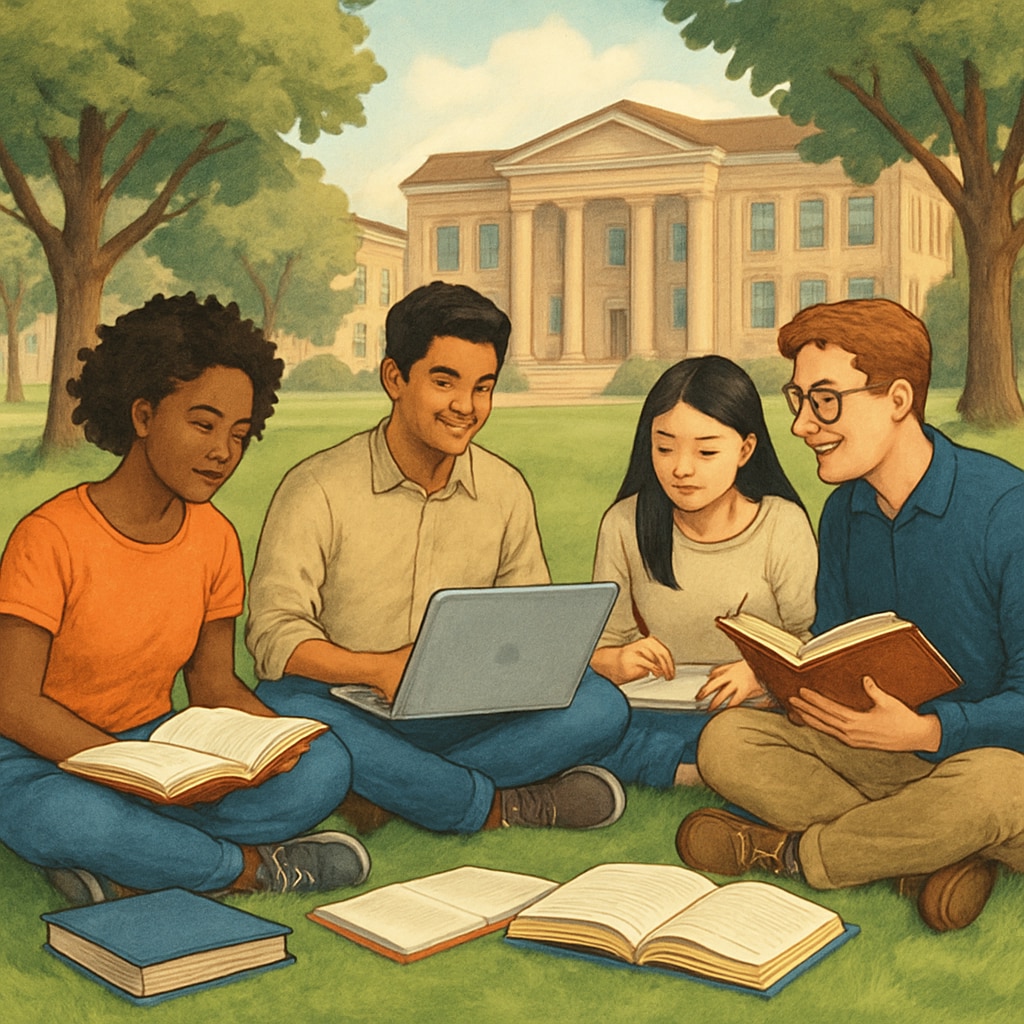Princeton, along with other Ivy League schools, has long been regarded as the pinnacle of academic excellence. However, are these institutions truly deserving of their exalted status, or have they been overvalued in today’s rapidly changing educational landscape? This article takes a closer look at the disconnect between the social prestige of Ivy League schools and their actual contributions to education and society, urging students and parents alike to rethink the true meaning of elite education.
The Aura of Prestige: How the Ivy League Built Its Reputation
The Ivy League, comprising eight elite institutions including Princeton, has enjoyed a reputation for academic rigor, exclusivity, and unparalleled success. Historically, this reputation stemmed from a combination of selective admissions processes, significant endowments, and influential alumni networks. For example, Princeton boasts one of the largest per-student endowments in the world, allowing it to provide state-of-the-art facilities and generous financial aid packages.
However, much of the Ivy League’s allure is deeply rooted in tradition rather than objective assessments of educational quality. Its name alone carries cultural weight, often overshadowing other institutions that provide equally rigorous academic programs. As a result, many students and families equate Ivy League acceptance with a guaranteed path to success, often overlooking other viable and cost-effective options.

Educational Quality vs. Societal Perception
While Princeton and its Ivy League peers undoubtedly offer excellent education, research suggests their societal prestige may not always align with measurable outcomes. A study published by the Encyclopedia Britannica reveals that the lifetime earnings of Ivy League graduates are not significantly higher than those of students from top public universities when controlling for fields of study and socioeconomic background.
Moreover, the narrow focus on Ivy League schools perpetuates a culture of elitism, reinforcing existing social hierarchies. This has led to criticism that these institutions serve more as gatekeepers of privilege than as true engines of upward mobility. For instance, a significant proportion of Ivy League students come from the top income brackets, raising questions about accessibility and diversity.

Why the Overestimation Matters
Overvaluing institutions like Princeton has broader implications for the education system as a whole. When resources and attention are disproportionately funneled toward a handful of elite schools, other institutions—such as regional universities and community colleges—are often undervalued. These schools, despite lacking the Ivy League’s branding, play a critical role in educating the majority of students and driving local economic growth.
Furthermore, the obsession with prestige can lead to unhealthy competition among students. The relentless pursuit of Ivy League admissions often prioritizes test scores and extracurricular achievements over a genuine passion for learning. As a result, many students experience burnout and disillusionment, questioning whether the sacrifices made for elite education are truly worthwhile.
Rethinking What Makes a College Valuable
Instead of focusing solely on brand recognition, students and parents should consider what truly constitutes educational value. Key factors include program quality, faculty expertise, and opportunities for personal growth. For example, schools with strong industry connections or specialized programs may be better suited to certain career paths than a general Ivy League education.
In addition, the rise of online education and alternative credentialing systems is challenging traditional notions of prestige. Platforms like Coursera and edX, in collaboration with leading universities, are democratizing access to high-quality education. These innovations highlight the need to evaluate colleges based on adaptability and relevance, not just historical reputation.
Conclusion: While Princeton and other Ivy League schools undoubtedly offer remarkable resources and opportunities, their societal value may be overstated. By critically assessing the true merits of these institutions, students can make informed decisions that align with their goals and aspirations rather than succumbing to the pressure of prestige.
Readability guidance: This article uses concise paragraphs, clear transitions, and a balanced mix of data and analysis to ensure accessibility while maintaining a professional tone.


